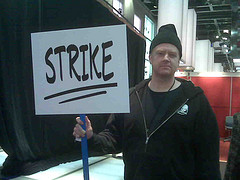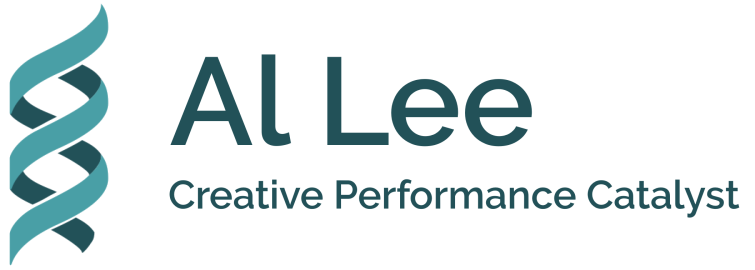 The term “Employee Engagement” has been tossed about so much that many people have become completely desensitized to it. But the recent leadership drama at Market Basket grocery stores underscores its power and meaning in a very real way.
The term “Employee Engagement” has been tossed about so much that many people have become completely desensitized to it. But the recent leadership drama at Market Basket grocery stores underscores its power and meaning in a very real way.
In case you missed it, Arthur T. Demoulas, the CEO of Market Basket (a Northeastern grocery chain), recently lost his job after being fired by his cousin, Arthur S. Demoulas, in a family power struggle. This would not have been news except that thousands of Market Basket employees responded by going on strike and risking their own jobs. Managers, truckers and warehouse workers joined the staff and all walked off the job in solidarity – even though they are non-union employees.
The Market Basket employees stayed off the job for nine weeks bringing the owners to their knees and forcing them to sell the company to “Arthur T” – leaving observers and pundits dumbfounded.
Why would a grocery store employee risk their job and take a stand for an exceptionally wealthy boss who doesn’t need to work another day in his life? It’s simple. It’s because of the way he treats his employees. He shows up at their weddings and funerals, he pays them well, knows their names, asks their opinions, and is a part of their team, a part of their family.
That is why they were willing put their jobs and livelihood on the line to stand up for Arthur T.
So how did Arthur T. work this modern-day engagement miracle? It is not a complicated formula. If you make the success of your employees – their ability to thrive and grow at work and at home – your top priority, they will move mountains for you and reward you with their energy, commitment, loyalty, and creativity.
Employee engagement would more appropriately be called “Employer Engagement”, as that is where the responsibility falls. It is not the employee’s responsibility to become engaged. It is the employer’s responsibility to engage them. Employer engagement results in employee engagement and there is a growing mountain of solid research that shows the performance of engaged teams blows the doors of teams that are not engaged (that is why employer engagement is a key pillar of our performance coaching programs).
When you make it your responsibility to connect with each employee, to understand them, their needs, their strengths, their ambitions, and do what you can to fulfill them, they will respond by being more engaged, more loyal, more energized, productive and committed.
They may even go on strike for you.





